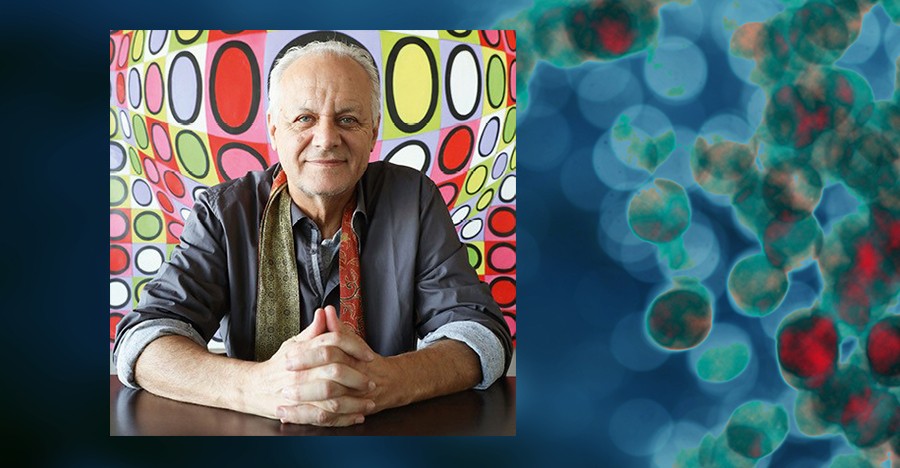Toronto’s ArtSci Salon has been hosting a series of events and exhibitions about COVID-19 and other health care issues under the “Who Cares?” banner. The exhibitions and events are now coming to an end (see my February 9, 2022 posting for a full listing).
A March 29, 2022 Art/Sci Salon announcement (received via email) heralds the last roundtable event (see my March 7, 2022 posting for more about the Who Cares? roundtables), Note: This is an online event,
 Bayo Akomolafe Seema Yasmin Of Health Myths and Trickster Viruses Friday, April 1 [2022], 5:00-7:00 pm [ET] Des mythes sur la santé et des virus trompeurs Le Vendredi 1 avril [2022], de 17H à 19H A conversation on the unsettling dimensions of epidemics and the complexities of responses to their challenges. ~ Une conversation sur les dimensions troublantes des épidémies et la complexité des réponses à leurs défis. Inscrivez- vous ici/Register here  |
| Seema Yasmin, Director of Research and Education, Stanford Health Communication Initiative. She is an Emmy Award-winning journalist, Pulitzer prize finalist, medical doctor and Stanford and UCLA professor. Bayo Akomolafe Chief Curator, The Emergence Network. He is a widely celebrated international speaker, posthumanist thinker, poet, teacher, public intellectual, essayist, and author ~ Seema Yasmin, Director of Research and Education, Stanford Health Communication Initiative. Elle est une journaliste lauréate d’un Emmy Award, finaliste du prix Pulitzer, médecin et professeure à Stanford et UCLA. Bayo Akomolafe, Chief Curator, The Emergence Network. Il est un conférencier international très célèbre, un penseur posthumaniste, un poète, un enseignant, un intellectuel public, un essayiste et un auteur. |
There are the acknowledgements,
“Who Cares?” is a Speaker Series dedicated to fostering transdisciplinary conversations between doctors, writers, artists, and researchers on contemporary biopolitics of care and the urgent need to move towards more respectful, creative, and inclusive social practices of care in the wake of the systemic cracks made obvious by the pandemic.
We wish to thank/ nous the generous support of the Social Science and Humanities Research Council of Canada, New College at the University of Toronto and The Faculty of Liberal Arts and Professional Studies at York University; the Centre for Feminist Research, Sensorium Centre for Digital Arts and Technology, The Canadian Language Museum, the Departments of English and the School of Gender and Women’s Studies at York University; the D.G. Ivey Library and the Institute for the History and Philosophy of Science and Technology at the University of Toronto; We also wish to thank the support of The Fields Institute for Research in Mathematical Sciences
This series is co-produced in collaboration with the ArtSci Salon
The Who Cares? series webpage, found here, lists the exhibitions and final events,
Exhibitions
March 24 – April 30 [2022]Alanna Kibbe – TRANSFORM: Exploring Languages of Healing. Opening March 31, 5 pm
Canadian Language Museum, 2275 Bayview Avenue, York University Glendon Campusin person. Virtual opening available
Camille Baker – INTER/her. Opening April 7 [2022], 4 pm
Ivey Library, 20 Willcox Street, New College, University of Torontoin person. Virtual opening available
Closing Presentation and Interactive Session
Karolina Żyniewicz – Signs of the time, Collecting Biological Traces and MemoriesArtist talk: April 8 [2022], 4:00-6:00 [ET]
onlineMemory Collection: Apr 9 [2022], 2:00-4:00 [ET]
online and in person
